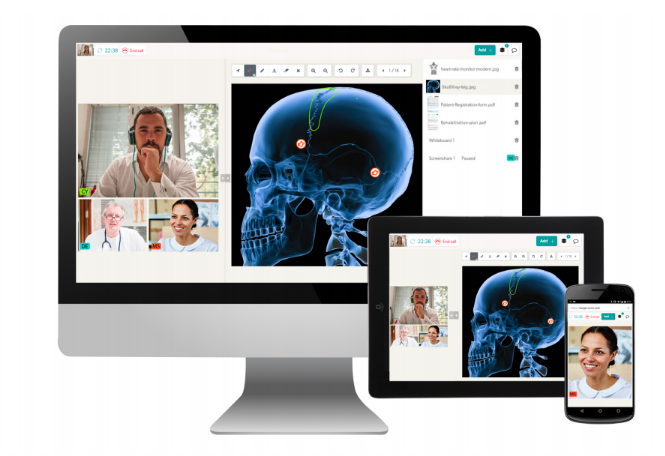World Health Org Releases 9 Digital Health Guidelines
A recent WHO report, released in April this year, has set out 9 recommendations for governments as well as public health agencies and practitioners, regarding digital health interventions.
The recommendations focus heavily on telemedicine, and its ability to offer greater continuity of care, reduce unnecessary clinical visits, remove geographical barriers and reduce mortality rates among individuals with heart-related conditions.
It also touched on the positive use of provider-to-provider telemedicine, such as when clinicians need assistance with diagnoses, remote monitoring of their patient's health status and when conducting multidisciplinary case conferences.
A copy of the report can be found here.
There are currently no official worldwide standards or policies for digital health or telehealth. The best existing guidelines for software providers to follow are those developed by accreditation agencies such as the CHQI and URAC. However, the WHO's publication is a step in the right direction to developing a global standards list.
The WHO has ensured 'critical evaluation of the evidence on emerging digital health interventions' and they outline both the possible benefits and limitations of each intervention.

The overarching message in terms of telehealth was the need for digital health to complement and facilitate in-person care, not replace. This is something we at Coviu have always believed in. That is why we provide our clinicians with every tool they need to facilitate their patient's health journey online, following their initial surgery or physical check-up.
Whether it be customisable intake forms, referrals and script writing, or our PhysioROM AI (currently in clinical trials) which allows for remote monitoring of range-of-motion or text chat capabilities, Coviu is here to help you deliver care in a way that benefits both you and your patients.
The WHO guidelines also suggested telehealth was a great option if privacy and security can be guaranteed and monitored. Coviu's software provides security through end-to-end encryption and consent forms being available for use prior to starting the video consultation. In addition, Coviu's use of WebRTC technology allows for increased privacy, as once the browser hosting the call is closed, all data 'vanishes'.
If you would like to find a telehealth plan that works for your practice click here. Otherwise, click here to contact our friendly Customer Success Manager to book a Coviu demo.




